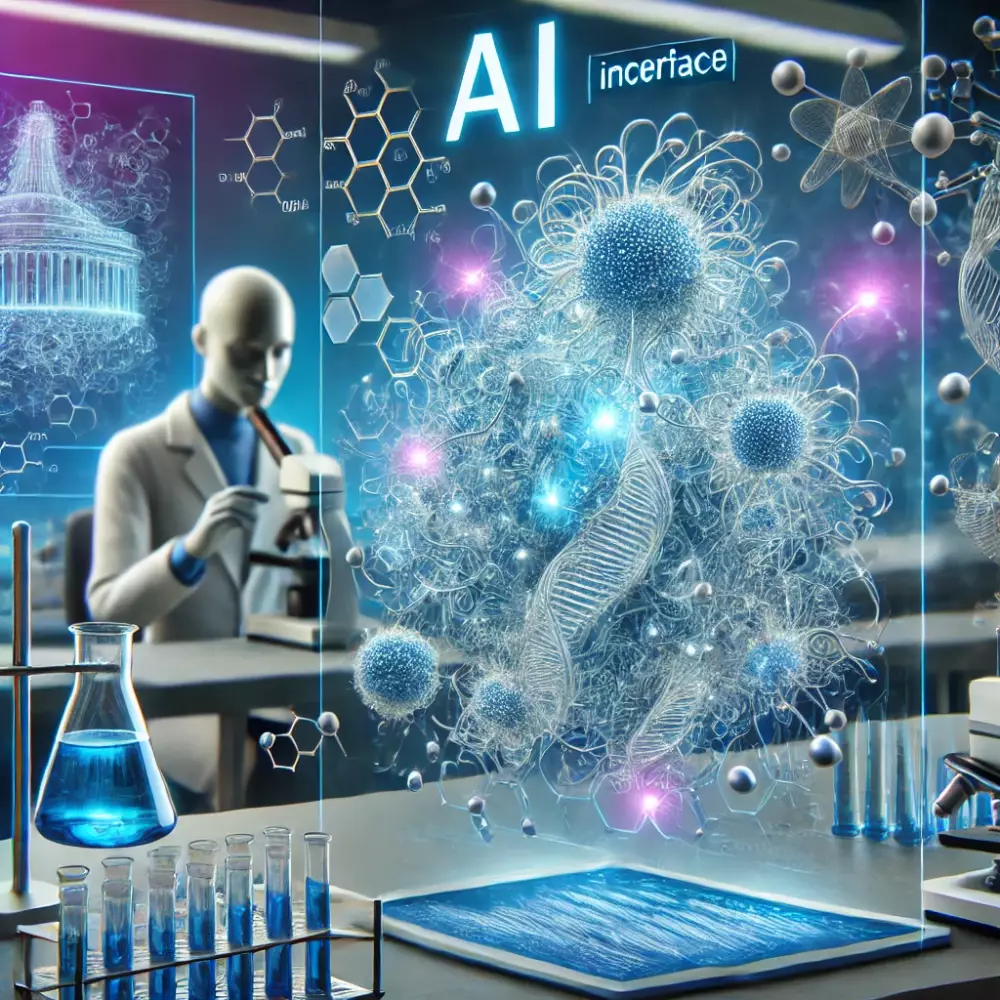
AI Hallucinations: The Nobel-Winning Flaw Scientists Celebrate
This article was collaboratively crafted by humans and AI, blending insights and precision to create a piece for your benefit. Enjoy!
AI’s tendency to “hallucinate,” or fabricate seemingly plausible but fictional information, has drawn significant criticism from the public. Yet, for scientists, this controversial feature has proven to be a game-changer. It has sparked groundbreaking inventions and discoveries, including those that earned David Baker a Nobel Prize in Chemistry.
Baker, a researcher from the University of Washington, was among the three scientists—and the sole American—to receive the Nobel Prize in October for pioneering work in protein design. His team leveraged AI-driven software to invent novel proteins that had never existed in nature.
In a pre-announcement interview with The New York Times, Baker credited AI hallucinations as pivotal in creating "brand-new" proteins from scratch. His lab designed approximately 10 million entirely new proteins, showcasing the transformative potential of AI. “Things are moving fast,” Baker remarked. “Even experts in protein science are unaware of how much progress has been made.”
AI hallucinations occur when artificial intelligence generates fabricated information that appears credible. While this phenomenon has fueled skepticism and criticism, Baker’s success highlights its profound utility.
“The public thinks it’s all bad,” noted Amy McGovern, principal investigator at the federal AI institute AI2ES. “But it’s actually giving scientists new ideas.”
James Collins, a biological engineering professor at MIT, echoed this sentiment, describing how hallucinations have accelerated his search for novel antibiotics. “We’re exploring,” he said. “We’re asking the models to generate entirely new molecules.”
The Nobel Prize committee celebrated Baker’s imaginative application of AI, lauding his team’s ability to produce “one imaginative protein creation after another.” Baker envisions even greater possibilities for AI, particularly in designing proteins capable of combating neurodegenerative diseases like Alzheimer’s by breaking up abnormal protein structures.
What many perceive as a flaw in AI has thus become a driving force for scientific innovation—reshaping not only the field of chemistry but also the broader landscape of discovery.
Written by Dev Anand from Funnel Fix It Team
